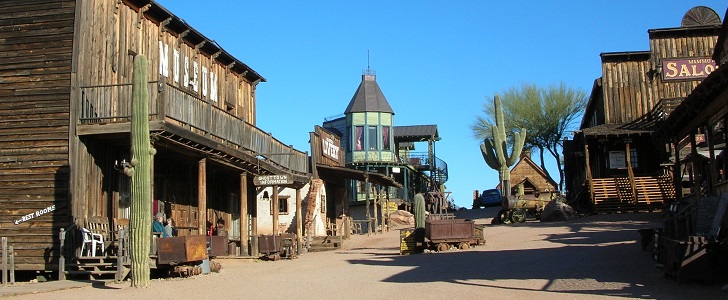In many ways, Facebook has lost some of its luster as a business tool. It isn’t that it’s not possible to properly market a business on the platform. It’s that the complexity of the EdgeRank algorithm mixed with the touchiness of the advertising formats has many turning autopilot onto their pages instead of investing time or money into them.
They just weren’t seeing a return on investment the way that they had hoped.
It seems to be an ebb and flow of sentiment. General Motors, for example, decided to dump their investment into Facebook advertising last year before returning to the platform this year. It’s not an uncommon practice – try it, fail, give it up, hear that things are better, try again.
Those who are on the downside of their Facebook love affair often turn to automation. Once they’ve decided that they can’t get the ROI out of Facebook, they either abandon their page altogether or continue to post to it semi-regularly or through posting tools that take care of the process for them. It isn’t hard to see when a business has taken their eyes off the Facebook ball for a while as the posts quickly become unengaged. Users stop liking them. Comments stop coming in. These pages become virtual ghost towns.
The challenge is with the representation it offers to those who visit the page. Just because a business abandons their page or sets it on autopilot doesn’t mean that people stop visiting it. Sure, the posts are no longer visible in the news feeds of fans and friends of fans, but there’s still search. With very few exceptions, Facebook pages rank on the front page of searches for businesses by name. People visit them to get a feel for what the business is up to and how they’re treating social media in general. What do they find when they visit abandoned or poorly managed pages?
It’s not good. It leaves a bad taste in people’s mouths in the best case scenario. In other cases, it can actually be a detriment as negative posts from spammers find their ways onto the walls of abandoned pages. Spammers love hijacking them and filling them with links to bad places because they’re much less likely of getting reported. Spam posts on active pages are a quick way for someone to get banned, while on abandoned pages they can help spammers get more credibility in the eyes of the automatic Facebook spam filters. Facebook relies on pages and users to report spammers. When they can find friendly havens on pages that have been abandoned, it helps them build quiet credibility in the eyes of the filter.
Even pages that are checked on a semi-regular basis can be bad. They demonstrate very little effort in a very loud way. Many social media users are passionate about their networks and don’t like it when a business is willing to dismiss their page. Is it worth it? Can investing 5 minutes a day help to prevent this from happening?
Absolutely.



If you’re a proper business you’d have your own website which just sits there and only gets updated every couple of months or so or as prices change etc. I mean a normal everyday website looks pretty much the same everytime you go there. I think the problem is if you’re on Facebook you’re expected to actually interact back and forth with people. A normal website doesn’t really do this other than the ‘contact us’ button.